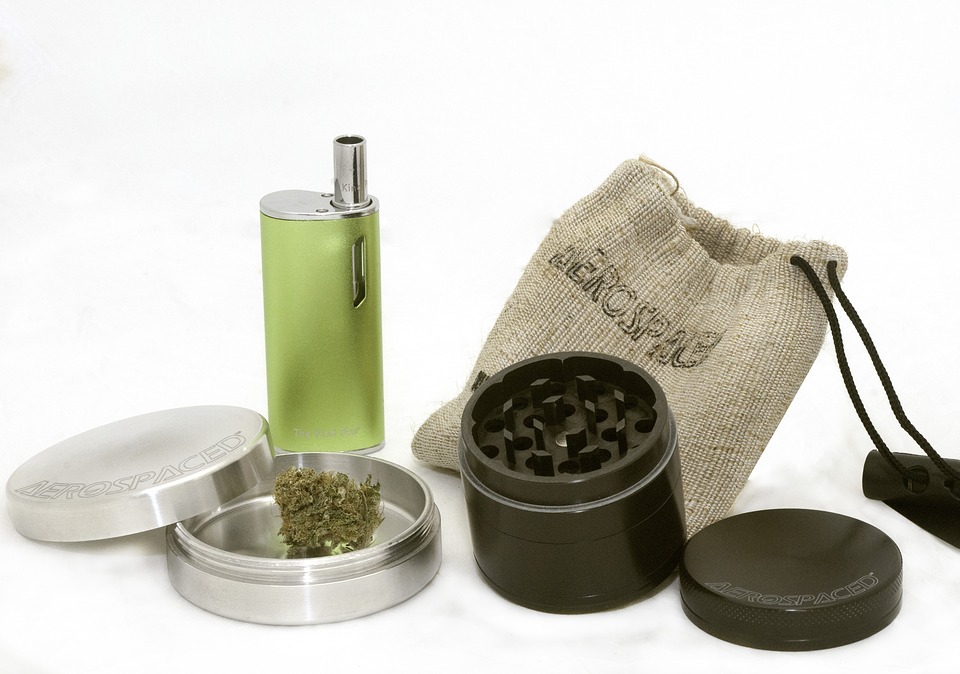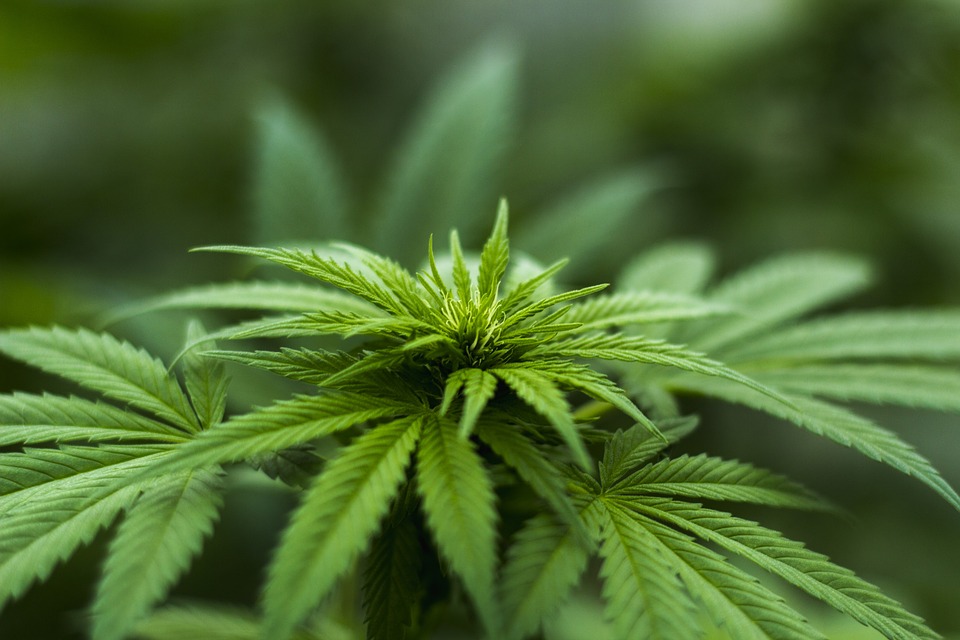If you use cannabis, learn how to use it responsibly. In this article, you’ll find everything you need to know about cannabis in accordance with the Cannabis Act that came into effect on October 17, 2018.
Legal age to use cannabis in Ontario is 19
In Ontario, you must be 19 and older to buy, use, possess and grow recreational cannabis. This is the same as the minimum age for the sale of tobacco and alcohol in Ontario.
Every time cannabis is used it can:
- Impair your ability to drive safely or operate equipment. Cannabis can slow reaction times, lower your ability to pay attention, and harm coordination. Using cannabis and driving can result in a car accident, serious injuries or death.
- Make it harder to learn and remember things. After using cannabis, you may have problems paying attention, remembering or learning things, and making decisions. Using cannabis can reduce your ability to perform well on the job or at school.
- Affect mood and feelings. Cannabis use can cause anxiety or panic.
- Affect mental health. Cannabis can trigger a psychotic episode (not knowing what is real, experiencing paranoia, having disorganized thoughts, and in some cases having hallucinations).
 Cannabis possession
Cannabis possession
You can possess a maximum of 30 grams (about one ounce) of dried cannabis in public at any time.
Adults who are 19 years or older are able to:
- possess up to 30 grams of legal cannabis, dried or equivalent in non-dried form in public
- share up to 30 grams with other adults
- purchase cannabis products from a legal retailer
- grow up to 4 plants per residence (not per person) for personal use from licensed seeds or seedlings
You are able to grow up to 4 (four) plants per residence (not per person).
For those registered with Health Canada to produce their own cannabis for medical purposes or who are designating someone to do it for them.
Under the Cannabis Act, patients continue to be able to register with Health Canada to produce their own cannabis or designate someone to produce it for them. Improvements include:
- the effective date on the registration document is the day it is issued, rather than the day the medical document was signed by the health care provider
- the registration remains valid until a renewal decision has been made, if Health Canada has received a renewal application before your certificate expires
 It’s illegal to take cannabis across the Canadian border
It’s illegal to take cannabis across the Canadian border
It’s illegal to take cannabis across the Canadian border, whether you are leaving or coming to Canada. This applies to all countries, whether cannabis is legal there or not.
Strict penalties for illegal possession, production and distribution of cannabis
Possession, production and distribution, and sale outside of what the law allows remain illegal and subject to criminal penalties, ranging from ticketing up to a maximum penalty of 14 years imprisonment.
The Cannabis Act includes strict penalties for selling or providing cannabis to youth under the legal age.
 Zero tolerance for young, novice and commercial drivers
Zero tolerance for young, novice and commercial drivers
You are not allowed to have any cannabis in your system (as detected by a federally approved oral fluid screening device) if you are driving a motor vehicle and:
- you are 21 or under
- have a G1, G2, M1 or M2 licence
- the vehicle you are driving requires an A-F driver’s licence or Commercial Vehicle Operator’s Registration (CVOR)
- you are driving a road-building machine
 Where you can smoke and vape cannabis
Where you can smoke and vape cannabis
- Private residences – this does not include residences that are also workplaces (e.g. long-term care and/or retirement homes)
- Many outdoor public places (e.g. sidewalks, parks)
- Designated guest rooms in hotels, motels and inns
- Residential vehicles and boats that meet certain criteria (e.g. have permanent sleeping accommodations and cooking facilities, and are parked or anchored)
- Scientific research and testing facilities (if the cannabis use is for scientific research and testing purposes)
- Controlled areas such as long-term care and certain retirement homes, residential hospices, provincially-funded supportive housing, and designated psychiatric facilities or veterans’ facilities
 Where you cannot smoke or vape cannabis
Where you cannot smoke or vape cannabis
- Indoor common areas in condos, apartment buildings and university/college residences
- Schools and places where children gather: at school, on school grounds, on children’s playgrounds, and all public areas within 20m of these grounds; in child care centres and in places where home child care is provided
- Hospitals, hospices, care homes and other facilities: within 9m from the entrance or exit of hospitals (public/private), psychiatric facilities, long-term care homes, independent health facilities
- Publicly owned spaces: sport fields (not including golf courses), nearby spectator areas and public areas within 20m of these areas.
- Vehicles and boats: you cannot consume cannabis (smoking, vaping, eating) in a vehicle or boat that is being driven or is at risk of being put into motion.
- In restaurants and on bar patios and public areas within 9m of a patio
- In reserved seating areas at outdoor sports and entertainment locations
- On grounds of community recreational facilities, and public areas within 20m of those grounds
- In sheltered outdoor areas with a roof and more than two walls which the public or employees frequent, or are invited to (e.g. a bus shelter)
 You can buy recreational cannabis online
You can buy recreational cannabis online
The Ontario Cannabis Store website is the only legal option for purchasing recreational cannabis.
- You are permitted to purchase up to 30 grams (about one ounce) of dried recreational cannabis at one time for personal use.
- Online orders will be delivered safely and securely. Consumers will be required to verify their age to accept delivery and no packages will be left unattended at the door.
The government is also moving forward with a tightly regulated private retail model for cannabis that will launch by April 1, 2019. The Alcohol and Gaming Commission of Ontario is the provincial regulator authorized to grant store licences. The Ontario Cannabis Store will be the exclusive wholesaler to these stores. Private stores will be introduced with strict controls to safeguard children and youth and combat the illegal market.
Cannabis health effects
Like alcohol and tobacco, cannabis has risks, especially for youth and young adults.
Using cannabis has short-term and long-term health effects.
Short-term health effects of marijuana
Short-term health effects of marijuana may include the following:
- feeling high (euphoria), relaxed and happy
- having a sense of well-being
- experiencing heightened sensory: sight, taste, smell, and sound
- decreased blood pressure, which can cause people to faint
- increased heart rate, which can be dangerous for people with heart conditions and can lead to an increased risk of heart attack
While smoking cannabis you may also experience unwanted and unpleasant effects such as anxiety, confusion, sleepiness (fatigue), fear or panic.
 Long-term health effects of marijuana
Long-term health effects of marijuana
Long-term effects develop gradually over time. Using cannabis regularly (daily or almost daily) and over a long time (several months or years) can:
- Hurt the lungs and make it harder to breathe. Cannabis smoke contains many of the same harmful substances as tobacco smoke. Like smoking cigarettes, smoking cannabis can damage your lungs.
- Affect mental health. Using cannabis regularly and continuously over time makes you more likely to experience anxiety, depression, psychosis, and schizophrenia. Higher-strength cannabis products (such as concentrates like “shatter”, wax, dabs) can worsen the mental health effects of cannabis use. Stopping or reducing cannabis use can improve outcomes.
- Make you physically dependent or addicted. It is estimated that 1 out of 11 (or 9%) of those who use cannabis in their lifetime will become addicted to cannabis. This rate increases to 16% for those who start using cannabis during adolescence and up to 1 out of 2 people who smoke cannabis daily.
These effects can last from several days, to months or longer after you stop using cannabis. They may not be fully reversible even when cannabis use stops. Other long-term effects of smoking cannabis are similar to the effects of smoking tobacco. These effects can include risks to lung health.
Cannabis and young people
Youth are especially vulnerable to the effects of cannabis, as research shows the brain is not fully developed until around age 25. This is because THC, the substance which gives the “high” in cannabis, affects the same machinery in the brain that directs brain development. The higher the amount of THC in cannabis, the more likely one is to be harmed by it.
Cannabis use that begins early in adolescence, that is frequent and that continues over time is more likely to bring about harms. Some of those harms may never fully go away.
 Getting cannabis for medical purposes legally
Getting cannabis for medical purposes legally
Since the Cannabis Act came into force on October 17, 2018, new regulations have been introduced to access to cannabis for medical purposes. The Cannabis Act protects public health and safety by setting rules for adults to access quality-controlled cannabis and creating a new, tightly regulated supply chain.
Patients authorized by their health care provider can get cannabis for medical purposes by:
- buying directly from a federally licensed seller
- registering with Health Canada to produce a limited amount of cannabis for their own medical purposes
- designating someone to produce it for them
Subject to the legal age limit in their province or territory, they are also able to buy cannabis:
- at provincial or territorial authorized retail outlets
- through provincial or territorial authorized online sales platforms
 Getting cannabis from a federally licensed seller
Getting cannabis from a federally licensed seller
Under the new regulations there are improvements for patients accessing cannabis for medical purposes from federally licensed sellers. These improvements include:
- the ability to request the return of their medical document from a federally licensed seller
- the ability to request the transfer of their medical document to a different federally licensed seller
- that the effective date on the registration document will be the day it is issued, rather than the day the medical document was signed by the health care provider
- removal of the 30-day limitation period for buying cannabis from a federally licensed seller (to ensure no break in a patient’s supply)
- a broader range of permitted products
- Access to an increasing number of licensed producers and sellers (Health Canada has licensed more producers in the last year than in the 4 previous years combined). The increasing number of licensed producers enables: competitive prices, more supply of cannabis, an increased availability of a range of products
Expenses for Medical Cannabis and Income Tax
The cost of medical cannabis may also be claimed as a medical expense when you file your income taxes. Veterans may have coverage through Veterans Affairs Canada. On September 5, the Canada Revenue Agency confirmed that, under certain circumstances, cannabis can be considered an eligible medical expense under the Income Tax Act, if it is purchased from Health Canada or a licensed producer.

















